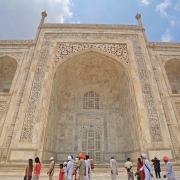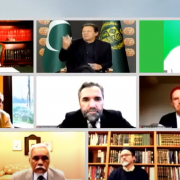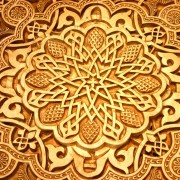Why Miracles Cannot Prove the Truth of Prophecy? (With a Glance at the Views of al-Ghazali, Averroes and Mulla Sadra) – را معجزه راه مناسبی برای اثبات صدق دعوی نبوت نیست؟ (با نگاهی به دیدگاه غزالی، ابنرشد و ملاصدرا))
Abstract:
“As it is well-known in theology, performing miracles is the main way prophets used to show that they are honest in their claims and are the true messengers of God. In contrast to this famous opinion, some theologians have not considered miracles as proof of the truth of prophecy. Muslim thinkers such as Mullah Sadra, al-Ghazali, Averroes, ‘Abd al-Razzaq Lahiji, and Hiji Mulla Hadi Sabzavari believe that a true believer does not base his faith and certainty on seeing a miracle from a prophet, and the religion which is the result of a miracle is the religion of ordinary people. According to them, miracles cannot bring about intellectual certainty; moreover, it is difficult to distinguish them from magic. In this article, after considering the objections in Islamic intellectual tradition, some other critiques in terms of the role of miracles in proving prophecy are introduced: the reports of miracles are not adequately sequential and multiple; the miracles are exclusively reported by the believers; there is no practical criterion for identifying miracles; the claim that miracles are related to the dominant art and techniques of the prophet’s time cannot be proved, and miracles can be explained in a completely natural –and not supernatural– way. Accordingly, it has been demonstrated that miracles narrated in religions do not serve theological functions desired by theologians. However, the best way for knowing a true prophet is investigating his teachings and experiencing his spiritual aura”









